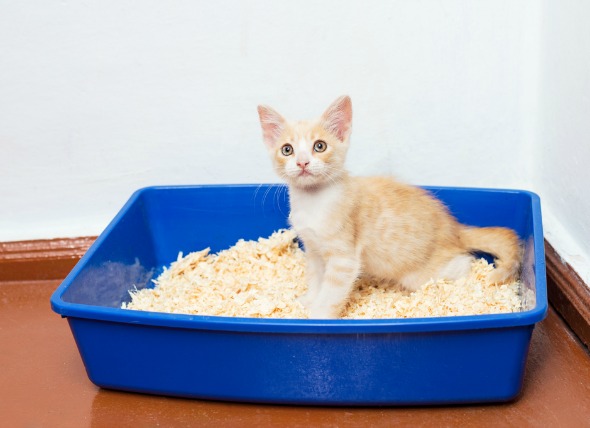Dysuria or difficulty urinating is a symptom that may indicate a serious or very serious illness for the cat owner.Difficulty urinating is often accompanied by a decrease in the volume of excreted urine or its total absence (enuresis). Both are real emergencies, such as the function of filtration of the kidneys stops when urine is not expelled, the kidneys that do not function represent renal failure, a situation that can really compromise the life of the cat, so at the slightest indication of dysuria or enuresis it must be taken to the veterinarian.
In this Animal Expert article we will explain both how to identify dysuria and the causes that can prevent a cat from urinating, read on and find out so that you can describe to the veterinarian each of the symptoms of your feline.
- It is not easy to know whether or not the cat has urinated too much or not enough.
- As the amount of urine produced is never measured directly.
- So it is necessary that the owner be very attentive to any changes in the urination behavior of the cat.
- The details to consider when detecting dysuria or enuresis are:.
Difficulty urinating in cats is associated with lower urinary tract conditions, mainly:
The owner must be aware that anuresis is a potential death situation for the animal in 48-72 hours, since it generates acute renal failure and can enter a uremic coma in a short time, resulting from the accumulation of toxins in the body. The longer it takes to pass between the onset of dysuria or anuresis and the consultation with the veterinarian, the worse the prognosis for the animal, so rather than identifying the fact that the cat cannot urinate, it is advisable to go to a specialist so that Examine it and determine both the cause and the treatment.
If your cat, in addition to not being able to urinate, can’t defecate either, read our article on what to do if your cat can’t defecate.
This article is for informational purposes only, in Animal Expert.com.br we cannot prescribe veterinary treatments or make any kind of diagnosis.We suggest that you take your pet to the vet in case of any ailment or discomfort.
If you would like to read articles similar to, we recommend that you visit our Other Health Problems section.

